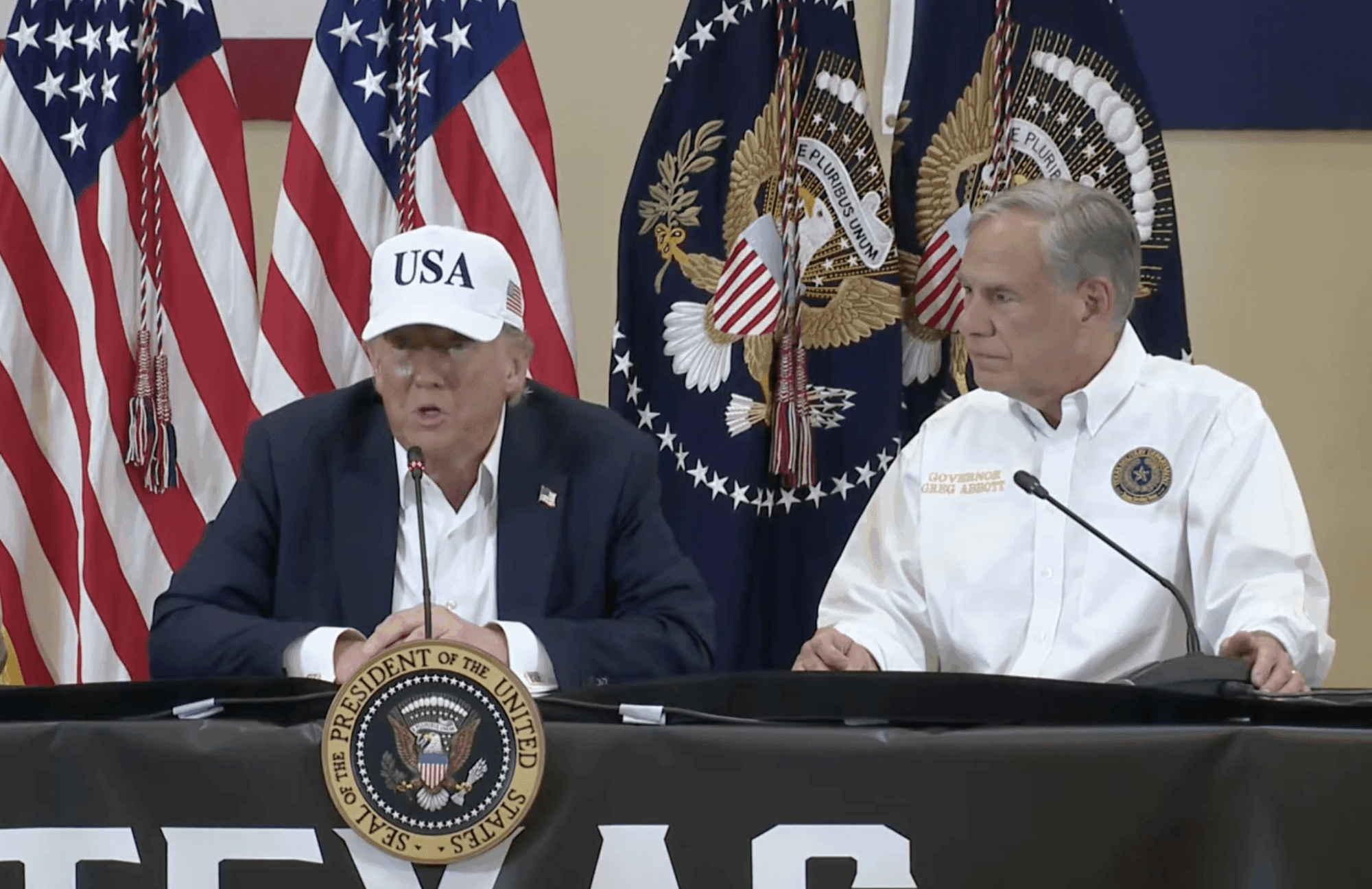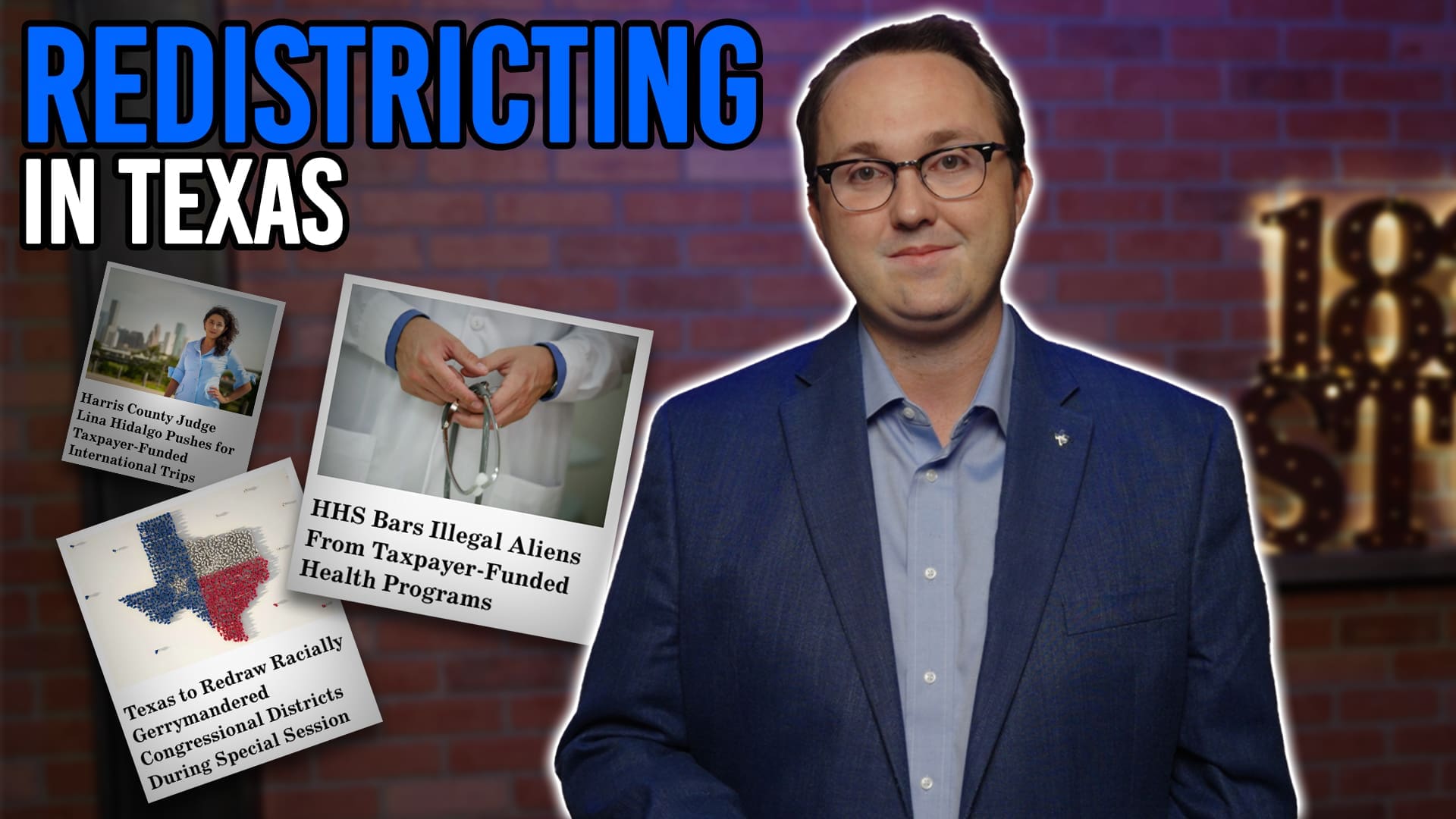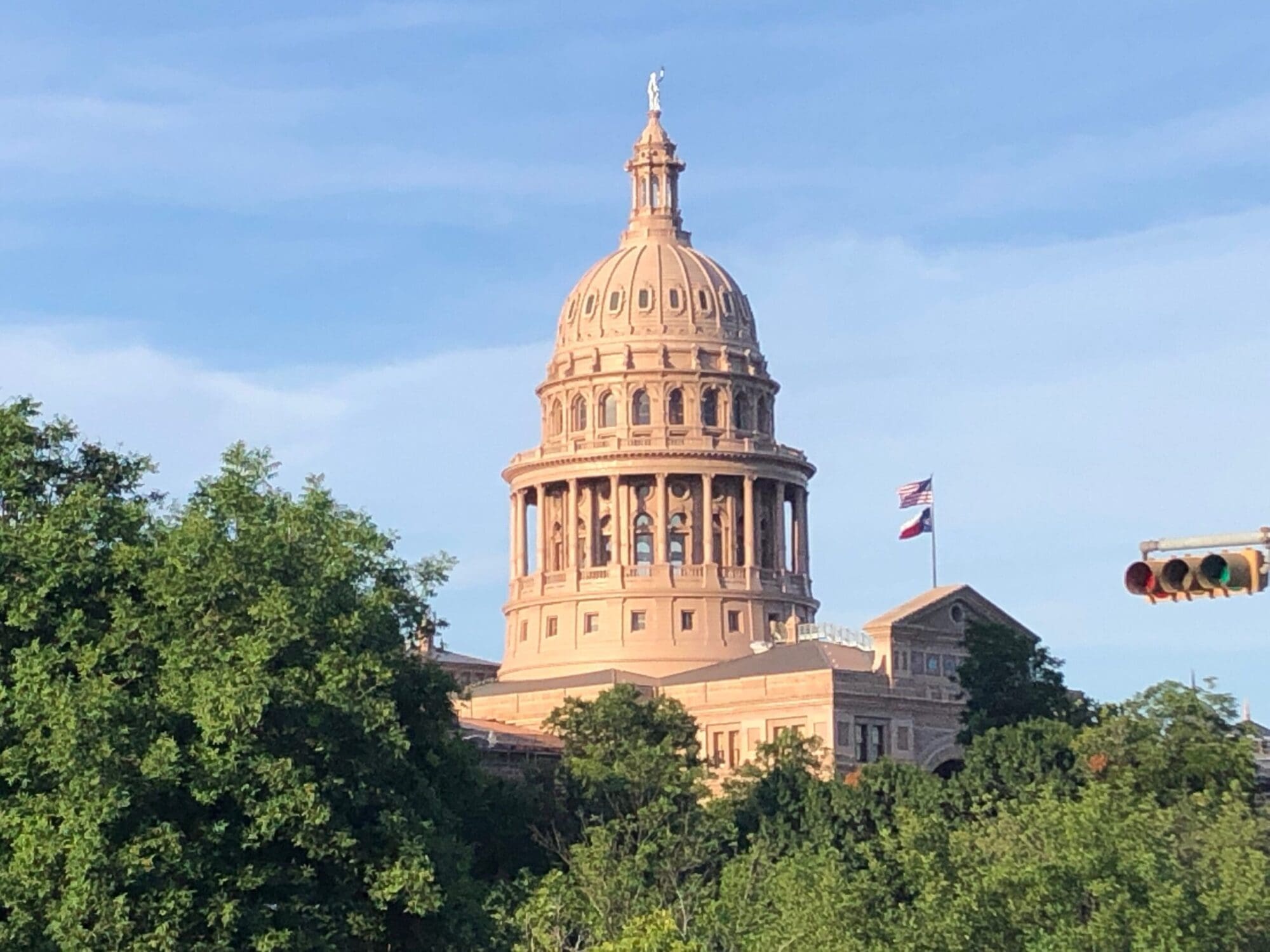While the National Rifle Association is celebrating the passage of ten Texas legislative bills they endorsed this past session, the passage of constitutional carry (legalizing concealed and open carry of handguns without a license or permit) still remains the white whale for gun rights activists in the Lone Star State. In troubling fashion, the 86th Texas Legislative Session proved that state Democrats are no longer the only obstacle standing in their way.
Warning signs emerged in mid-2018, as Gov. Greg Abbott rolled out school safety measures following the Santa Fe school shooting that claimed the lives of eight students and two teachers. Amidst the school safety proposals, however, was an outlined plan that resembled a “red flag” law (a type of gun control law that allows family members or even law enforcement to petition a state court to temporarily remove firearms from the possession of an individual labeled a danger to themselves or others); criticism of Abbott’s proposal from that period can be read here. Texas Democrats even noted that Abbott’s proposal was eerily similar to HB 866, a bill filed in 2017 by State Rep. Joe Moody (D – El Paso) that would have created “red flag” laws that would trample on the second amendment and due process if signed into law.
This worrisome thread among Texas Republican leadership has continued into 2019. In a surprise move, House Speaker Dennis Bonnen outright declared war on gun rights activists, citing his personal encounter with constitutional carry activist Chris McNutt in April and their ensuing feud as a reason to kill the issue entirely for the remainder of the legislative session.
No major gun control bills were passed this session, but this does not mean that conservatives can breathe a sigh of relief. The gun rights debate is set to flare up as soon as the next legislative session begins. HB 545, a bill sponsored by Democrat Representatives Poncho Nevarez (Eagle Pass) and Gina Calanni (Katy), is the most recent form of a “red flag” law filed in the Texas legislature, and it had passed out of the House Committee on Criminal Jurisprudence before being postponed. If passed, the bill would increase the scope of unlawful transfer of firearms to include the private transfer of a firearm to a person that may have mental health issues. This would force private gun sellers to perform what would basically amount to a complete medical background check for every potential buyer; as Open Carry Texas summarizes it, “[The bill] expects gun owners to act like doctors and know the medical history of people they sell guns to.”
As of this writing, thirteen states recognize constitutional carry; Texas is not one of them. Those thirteen states include three states that voted against Trump in 2016: Maine, New Hampshire, and Vermont. Twenty states recognize all valid carry permits issued by any state. Texas is not one of them. It should be appalling to conservatives that northeastern Democrat strongholds allow more freedom for firearm owners than Texas.
Texas Republicans are rightfully alarmed by “Betomania” and the progressive surge in Texas that flipped twelve seats in the House and one in the Senate last November. The issue, however, is that many Republicans think running to the middle is a better strategy for survival than persisting in the fight for conservative values. It’s true that to continue legislative success and maintain their majority in the state legislature for the critical upcoming redistricting session, Texas Republicans will have to win back many of the voters that switched their party allegiance in 2018 and opted for Beto O’Rourke over Ted Cruz; however, the already-existing conservative base still matters and should be listened to.
The easiest way to lose your footing in politics is to ignore your most committed supporters. Many Texas Republicans believe that playing it safe and moderate is the best bet for securing votes and, thus, securing conservatism in the Lone Star State. Unfortunately for them, stagnation and lack of significant results is not what will stir up excitement for 2020. If a continued progressive surge is what Republicans fear, there is no better time than the present to fight hard for their base.





